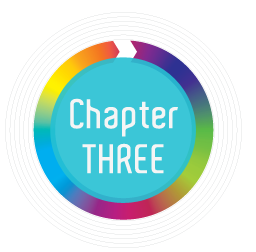MDA has eight consultative committees and two appeal committees which advise on content-regulatory matters across the areas of films, video, video games, broadcast, publications and arts entertainment.
As of 31 Dec 2011, there are 252 volunteer members, with 217 members on consultative panels and 35 on appeal committees. Members are drawn from a cross section of Singapore society and represent different age groups. They include social workers, professionals, academics, homemakers and retirees, and reflect Singapore’s diverse cultural, racial, religious and social make-up.
Films submitted to MDA are classified based on film classification guidelines drawn up in consultation with the community. For titles that may be controversial, MDA consults the Films Consultative Panel (FCP) to seek community views prior to making a decision. In 2011, there were 20 consultations with the FCP for advice on films, video and video games.
The Publications Consultative Panel held five meetings with publishers, including one with the Magazine Publishers Association of Singapore to discuss a review of the guidelines for local lifestyle magazines.
In 2011, the Arts Consultative Panel was consulted over 10 occasions on suitable rating and consumer advice for performances.
On the broadcast front, MDA sought the advisory committees’ advice on content standards and the range and quality of programming over 33 occasions. The four broadcast advisory committees, one for each of the four official languages, also conducted a total of 14 dialogue sessions with broadcasters and industry players to gain a better understanding of their upcoming programming plans and strategies.
In the year of review, the Programme Advisory Committee for English Programmes (PACE) and the Indian Programmes Advisory Committee (IPAC) were renewed for another two-year term and issued their biennial reports.
PACE urged broadcasters to protect the young from inappropriate content and to develop more quality local content to attract and engage viewers. While commending several programmes on children, sports, the arts and cultural affairs, it also suggested that broadcasters should engage youths more with programmes which addressed relevant topics such as gang involvement and the use of social networking and its implications.
IPAC advised Indian language free-to-air TV and radio stations to innovate in order to stay relevant. Oli was urged to revamp the content and structure of some regular programmes which have become predictable in concept and execution. Vasantham was also encouraged to invest more resources in producing its entertainment and variety programmes so that they can better face competition from their pay-TV counterparts.
